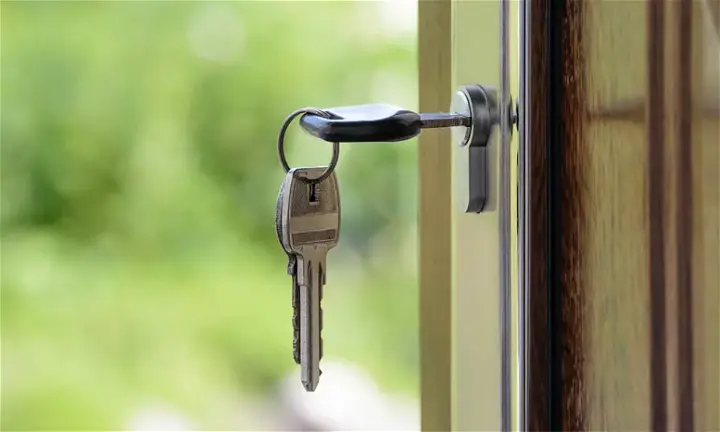A House in Multiple Occupation can be a great choice for both landlords and tenants; landlords can make more out of a large property and tenants get all the benefits of living in a house without the cost. Although the term has been around since the 1980s, there is still confusion over the exact definition of an HMO and the impact this status has on landlords’ responsibilities.
What is a House in Multiple Occupation (HMO)?The definition of a House in Multiple Occupation is quite complex and encompasses a wide range of accommodations. Generally speaking, a home is an HMO if a) at least 3 tenants live there, forming more than one household, and b) the tenants share the toilet, bathroom or kitchen facilities. A property which is also more than 3 storeys and has more than 5 tenants is considered a large HMO. A ‘household’ is a single person or members of the same family living together, i.e. couples, relatives or step-relatives. Separate households normally have separate tenancy agreements.
An HMO can take many different forms; a house split into bedsits, shared houses or flats, hostels, B&Bs for long term guests and shared student accommodation. The most common kind are houseshares and flatshares. Student halls of residence and other educational establishment-owned accommodations are not classed as HMOs. It can also include a property with a landlord acting as an owner-occupier and more than two lodgers at one time.
What are the landlord’s responsibilities in an HMO?A landlord has greater responsibilities for an HMO than for other types of properties. This is generally to ensure that all safety standards are met to reduce fire risk and to ensure that all tenants in the property have adequate access to the necessary amenities. The landlord is also responsible for repairs and safety checks. HMO landlords must ensure that:
• communal areas are clean and safe• each household has your name, address and telephone number• fire safety measures are taken out, working smoke alarms are fitted, escape routes are clear and fire safety equipment is in working order• gas safety checks are held every year and electrics are checked every 5 years• there are enough cooking and bathroom facilities for the people living there and that the property is not overcrowded• there are enough rubbish and bin bags• repairs are carried out for communal areas, including all pipes, wiring, plumbing, heaters (radiators and water heaters), the structure and exterior of the house and bathroom facilities Do I need an HMO licence?Regulations differ for councils across the UK, so you should contact your council to find out if they require all HMOs or all landlords to be licensed. If you rent out an unlicensed HMO, you could be fined and ordered to repay up to 12 months’ rent. You need a separate licence for each HMO you run. You definitely need an HMO licence as a landlord if your property:
• is at least 3 storeys high;• has 5 or more unrelated people live in it;• has 2 or more separate households living there.
When deciding whether to grant or renew an HMO licence, the council will consider whether the property meets an acceptable standard. Is it large enough for the occupants? Is it well managed? They will also consider whether the landlord themselves is a ‘fit and proper person’. This generally means no criminal record or breach of code of practice. You must also send an updated gas safety certificate every year and provide safety certificates for electrical appliances if they are requested. Licences generally last for 5 years, but councils can and do grant HMO licences for shorter periods. Likewise, councils can add conditions to a licence which require you to improve an aspect of your property.
HMO Landlord InsuranceIt is important to take out a specific HMO insurance policy for your property once it has been registered as an HMO. You need HMO insurance even if you did not need a licence. A standard policy will not cover your HMO property and may jeopardize your cover, should something happen. You will need contents insurance for any furniture you provide in communal areas, but tenants should take out their own contents policy to protect their belongings. It is worth shopping around for deals on HMO insurance, as not all providers will be as flexible in their coverage.
Author: Roomlala







There are no comments yet.
Add a comment
You must log in to comment.